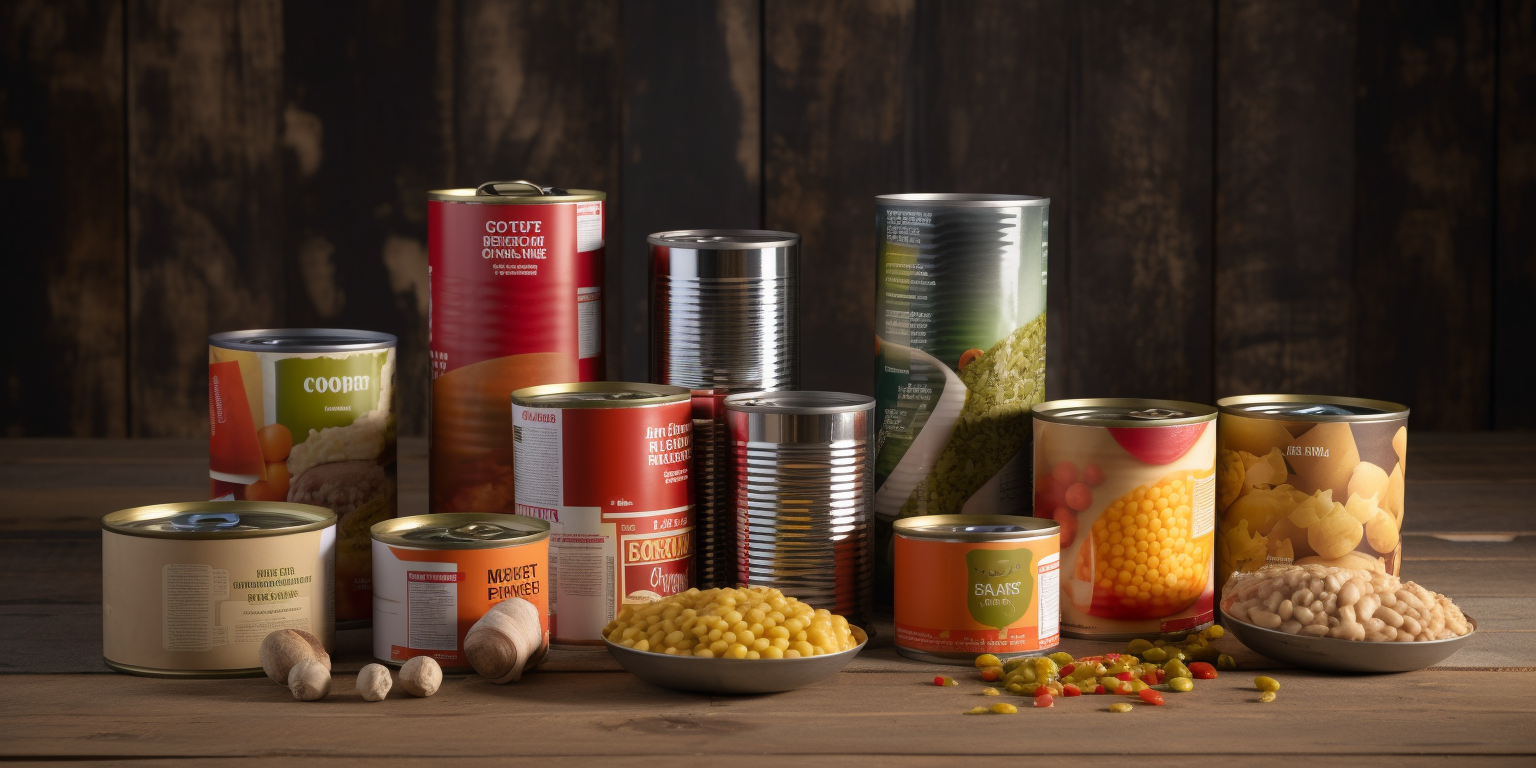
The Impact of War on the Food Supply Chain
The Impact of War on the Food Supply Chain
Over the last few centuries, the world has become increasingly interconnected and interdependent. This is especially true when it comes to food supply chains, which have continually developed to meet the needs of growing populations with specific expectations and dietary requirements. The global food market has expanded rapidly, forcing suppliers to find new ways of meeting demand.
Many companies have increased their production capacity by transitioning to advanced technologies and streamlining their supply chains. However, the stability and resilience of these supply chains has been put to test in the last few years as the global pandemic spread. Many experts agree that these supply chains are not robust enough to cope with serious disruption, never mind a significant larger scale conflict.
From local skirmishes that temporarily disrupt trade routes to regional wars and international armed conflicts, the food industry has seen an increase in risks associated with geopolitical instability. In this article, we will explore how war impacts the food supply chain and what businesses can do to mitigate these risks.
What is a Food Supply Chain?
A food supply chain is a network of connected operations that are involved in the cultivation, harvesting, processing, packaging, distribution, and sale of food products. It is a complex network that involves many stakeholders, including farmers, manufacturers, logistics service providers, retailers, and regulatory bodies. Each step in the food supply chain is important because it affects the quality, price, and availability of the finished product.
These networks are often inter-regional, transnational, and even multinational in nature, which makes them prone to a range of risks and instabilities, including natural disasters, food contamination, regulatory changes, and geopolitical risks. Geopolitical risks relate to political tensions, government actions, and political instability, regime change, war, terrorism, cyber-attacks, and sanctions.
War and its Impact on Food Supply Chains
War and armed conflicts disrupt trade routes, destroy infrastructure, equipment and machinery, restrict access to agricultural labour, and disrupt the supply of agricultural commodities. These disruptions often lead to dramatic changes in agricultural commodity prices, energy and key input prices, and the availability of agricultural commodities. As a result, businesses that rely on imports of food commodities from war-affected regions are likely to face significant disruptions. War therefore has both a direct and indirect impact on global trade and the food supply chain.
Looking at recent real-life examples, war has had a significant impact on the food supply chain in countries like Iraq, Libya, Yemen, Syria, and Venezuela. The United States Department of Agriculture (USDA) has been closely monitoring the impact of war on global food prices and has highlighted that one of the most notable impacts of these conflicts has been a rise in the price of crude oil. This has had a knock-on effect on the price of agricultural commodities, as it has increased the cost of production and transportation.
Armed conflict often result in the total closure of borders, essentially bringing to a complete halt the transportation of food and agricultural produce. The most common place impact of these events on the food industry is an increase in the prices of agricultural commodities, but lack of availability can also result in rationing and extreme shortages, which in worst case scenarios can lead to malnutrition and starvation.
Key Takeaway
With the gradual escalation of the current conflict in Ukraine, we have seen increases in the price of agricultural commodities, and this has contributed to food price inflation. If the situation continues to deteriorate, and other countries become more active players, international food supply chains could face increasing pressures. Therefore, in the UK where approximately 50% of food is currently imported, it might be wise to expect food prices to continue to rise in the short-term and food availability to be uncharacteristically volatile.
Suggested Articles
How might Climate Change harm our our society?
The potential impact of climate change is one that has gained increasing attention and urgency in recent years - in f...
The Ethics of Emergency Food Supplies: How to Balance Self-Preservation and Community Support
In the UK, despite the illusion of calm predictability that we tend to feel, emergencies can happen at any time, from...
The Culture of Emergency Food: How Different Societies Approach Preparedness
Disasters and emergencies can strike at any time, leaving individuals and communities grappling for survival. As unce...





